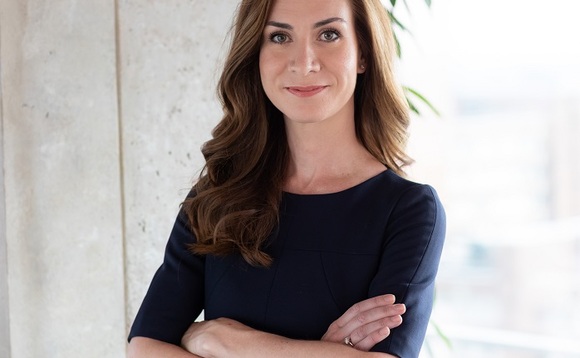What sounds too good to be true for some homeowners has in fact been reality for a long time - just not in Germany: "Equity release" is widespread in the UK and in the USA, for example. The term refers to the concept of releasing (at least part of) the capital tied up in one's own four walls without having to move out of one's hard-earned and lovingly furnished home, says Sabine Nass, CEO, Deutsche Teilkauf, a German real estate company focussing on equity release.
The low level of awareness of this approach ensures that an enormous potential lies dormant in Germany: estimates assume a theoretical, potential market volume of almost 308 billion euros. However, only one percent of this potential has been exploited so far.
However, this niche existence of equity release in Germany should soon come to an end, as there is an increasing demand for such offers for German homeowners in the not too distant future. One reason for this is that 12.9 million people from the baby boomer generation will retire by 2036 - according to figures from Germany's Federal Statistical Office.
In these cohorts, a relatively large number of people were able to build and pay off residential property - the customer potential for the German equity release market is therefore millions strong and will continue to grow.
Equity release offers will be attractive to these people because almost all their assets are tied up in their own four walls. Should a sudden need for financial resources arise - be it to fulfil a long-cherished wish, to carry out urgent repairs to their home or to support their children financially - they are often faced with the problem of not being able to access their actual assets.
Almost 3.3 million senior households in Germany are familiar with this situation, as a survey commissioned by Deutsche Teilkauf revealed in 2021.
Equity release offers the ideal solution to this dilemma: the senior citizens sell their home or a share in it and receive a one-time payment in return - along with unrestricted living rights for life.
But even if there is no urgent financial need, equity release can be attractive. Homeowners who also see their fully paid-off property as an investment should reconsider the cluster risk if almost all their assets are invested in a single property.
If instead they want to diversify their capital more broadly without having to sell and move out completely, this is possible thanks to equity release. At the same time, this also allows them to realise the strong increases in value that have taken place on the real estate markets in recent years.
Equity release will also inevitably gain in popularity because there is an increasing lack of alternatives. New regulations, including the Housing Credit Directive, which came into force in March 2016, are making it increasingly difficult, especially for older homeowners, to borrow against their property with a traditional mortgage. This has made a previously popular option for injecting funds much less attractive, if not impossible.
In Germany, too, more and more equity release offers have recently come onto the market. Potential customers can choose between very different models: In addition to conventional sale-and-lease-back approaches, there are also usufruct models and partial sales - each as an annuity model or against a one-off payment.
This also means that consumers no longer have to speculate on their own death, as was the case with traditional real estate annuitisation. Modern equity release solutions, on the other hand, offer transparent transactions in return for a one-off payment; the contracting parties negotiate on an equal footing and later act largely in line with each other's interests. This difference is particularly important for investors who want to avoid any reputational risks.
Above all, however, equity release opens up access for (institutional) investors to an asset class that has otherwise been virtually closed to them: privately used single-family homes. These properties are considered largely resilient to market fluctuations and have an attractive risk-return profile.
There are only a limited number of single-family homes available and, at least in the largest cities, not many more are being built: if there is new construction, it is almost exclusively apartment buildings. Among investors, equity release is still an insider tip. In our view, it is unlikely that it will remain so.
By Sabine Nass, CEO, Deutsche Teilkauf, a German real estate company focussing on equity release.





